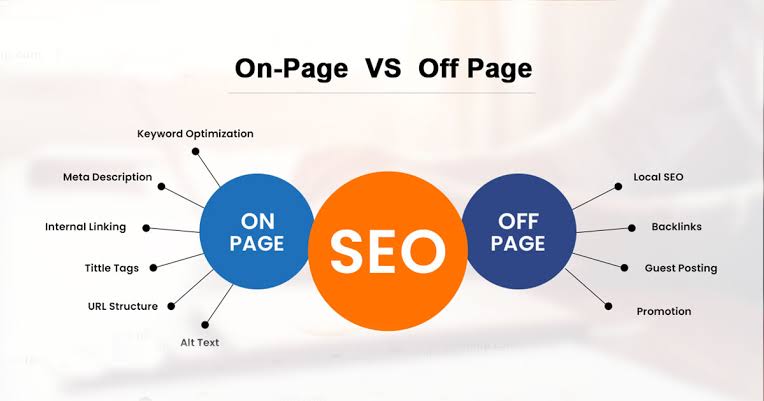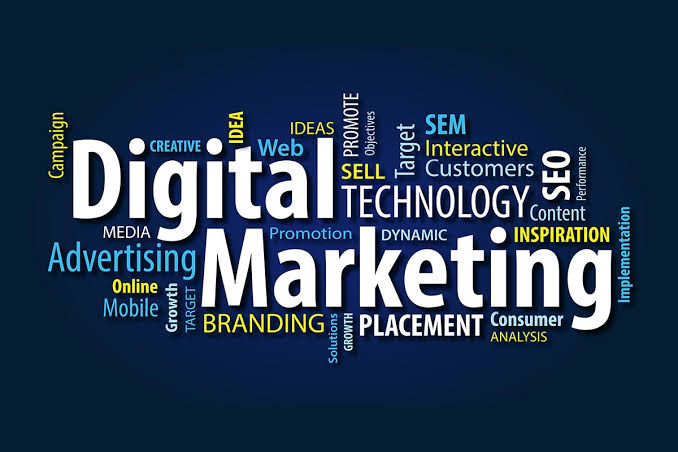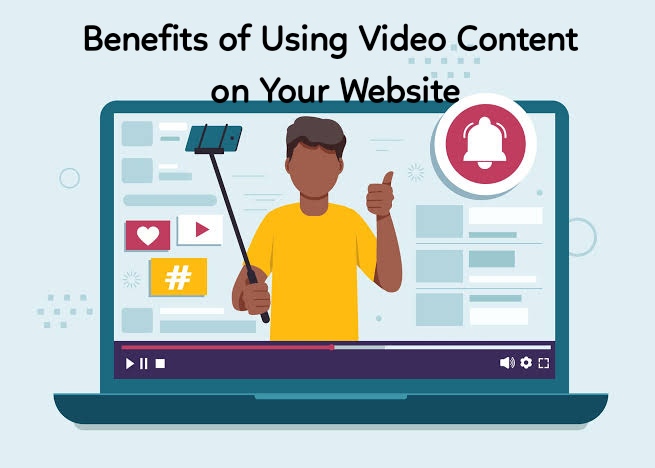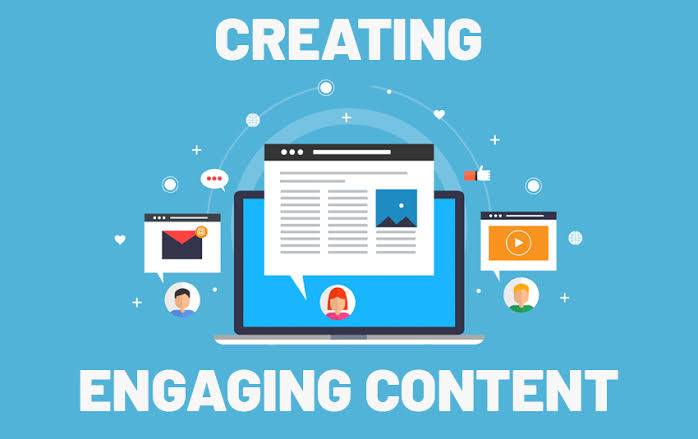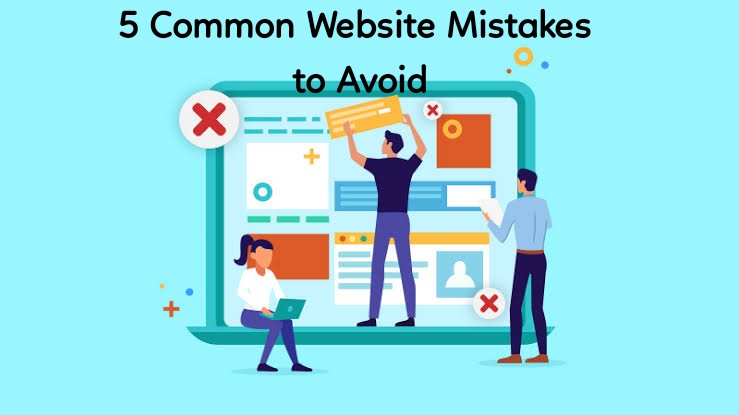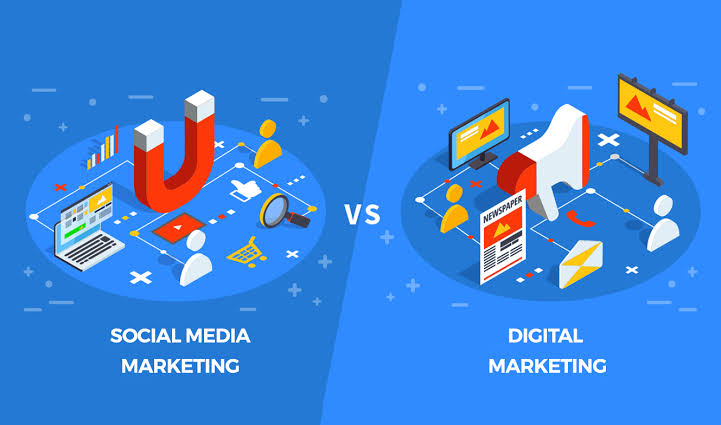
Have you considered utilizing the power of SEM (Search Engine Marketing) to take your online presence to new heights? Are you tired of struggling to increase your website’s visibility in search engine results pages (SERPs)? Are you looking for a way to attract more visitors to your website? If so, you’ve probably heard about Search Engine Marketing.
But what exactly is SEM, and how can it help your business?
Previously we explained the difference between SEO and SEM so you don’t get confused. Click below to read it.
Difference between SEO and SEM
However, in this post, we’ll cover everything you need to know about SEM, including its benefits, and best practices.
What is SEM?

This involves using paid advertising to improve your website’s visibility in search engine results pages (SERPs). Furthermore, it involves placing ads on search engines like Google. These ads target specific keywords or phrases that users are likely to search for.
Therefore, when a user types in one of these keywords, your ad will appear at the top of the results page. This gives your website increased visibility and drives more traffic to your site.
Benefits of SEM

There are many benefits of using Search Engine Marketing to promote your website. Here are just a few:
Increased Visibility
SEM allows you to place your ads at the top of search engine results pages. Thereby, giving your website increased visibility and making it easier for users to find your site.
Targeted Traffic
SEM allows you to target specific keywords or phrases that are relevant to your business. This ensures that the traffic you receive is highly targeted and more likely to convert into customers.
Measurable Results
Unlike other forms of advertising, SEM provides measurable results. These results help you track the effectiveness of your campaigns and make adjustments as needed.
Cost-Effective
With SEM, you only pay when someone clicks on your ad, making it a cost-effective way to promote your business.
SEM Best Practices
While this can be an effective way to promote your website, there are some best practices you should follow to ensure the best possible results. Here are a few tips to keep in mind:
Use Relevant Keywords

Choose keywords or phrases that are relevant to your business and that your target audience is likely to search for. Besides, using tools like Google Keyword Planner helps you identify the best keywords to target.
Write Compelling Ads
Additionally, your ads should be well-written and compelling. Always add a clear call to action that encourages users to click through to your website.
Test Your Ads
It is unwise to just run one ad and abandon it. Ensure you create multiple versions of your ads and test them to see which ones perform best. In addition, make adjustments as needed to improve your click-through rate and conversion rate.
Monitor Your Campaigns

Finally, keep a close eye on your SEM campaigns, monitoring your results and making adjustments as needed to improve your ROI.
In conclusion, Search Engine Marketing is a powerful tool that can significantly impact your online marketing efforts. By understanding the components of Search Engine Marketing, and applying these relevant tips, you can drive targeted traffic and achieve your business goals.
So, why wait? Explore the potential of Search Engine Marketing and propel your online visibility to new heights!
Are you ready to give your website the visibility and traffic it needs?
Contact our experts today to unleash the full potential of SEM for your business!



